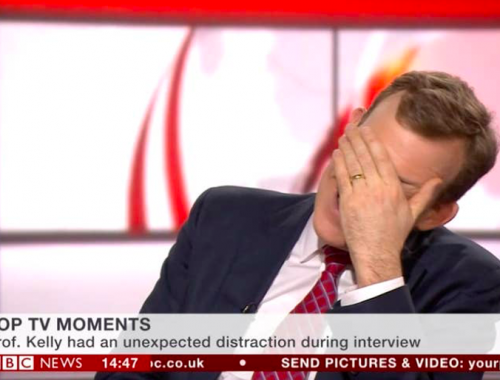What, Me Worry? (Or, How I failed to stop worrying and trust the interview process.)
Ciaran Coyle – 40304722, Blog Post 2
SITUATION – Fail to prepare, Prepare to Fail.
When looking through the available job listings posted on Canvas, I was absolutely delighted to find the Beggars Music Co. job Production description. Beggars music hosts 2 of my favourite labels, 4AD and Matador. This made research much easier, as I already had an understanding of the collective. I also had experience with music publishing and DSP playlisting from running my band. I feel that this makes me a suitable candidate for this position, and so I decided to apply for this position. I wrote out a cover letter, which I felt explained my interest well and showcased my compatibility with the collective’s mission statement. In this write up, I will reflect on the entire experience using the Gibbs Reflective Cycle.
Gibbs Reflective Cycle
However, it is a fact that being interviewed is an extremely uncomfortable situation. Even when you’ve done your research, written your best cover letter and pulled together your portfolio, you can always hear that little voice in the back of your head telling you that you don’t deserve to be there. It may not be the truth, but it’s something I think most of us experience. Maya Angelou famously struggled with Imposter Syndrome; “I’ve run a game on everybody, and they’re going to find me out.” If one of the most influential writers of all time feels that way, I believe it’s understandable for the more mediocre among us to share her self-doubt. My preparation did help me garner confidence, but I was still very nervous at the thought of being interviewed. I chose to hide this nervousness, as so many of us have and will continue to do. Frank Bruni, In his NYT piece, “How many of us just fake our confidence and calm?” writes “Our outward calm veils inner turbulence. Much of the confidence we project is a camouflage we perfect.” (Bruni, 2022)
TASK – Awkward Conversations.
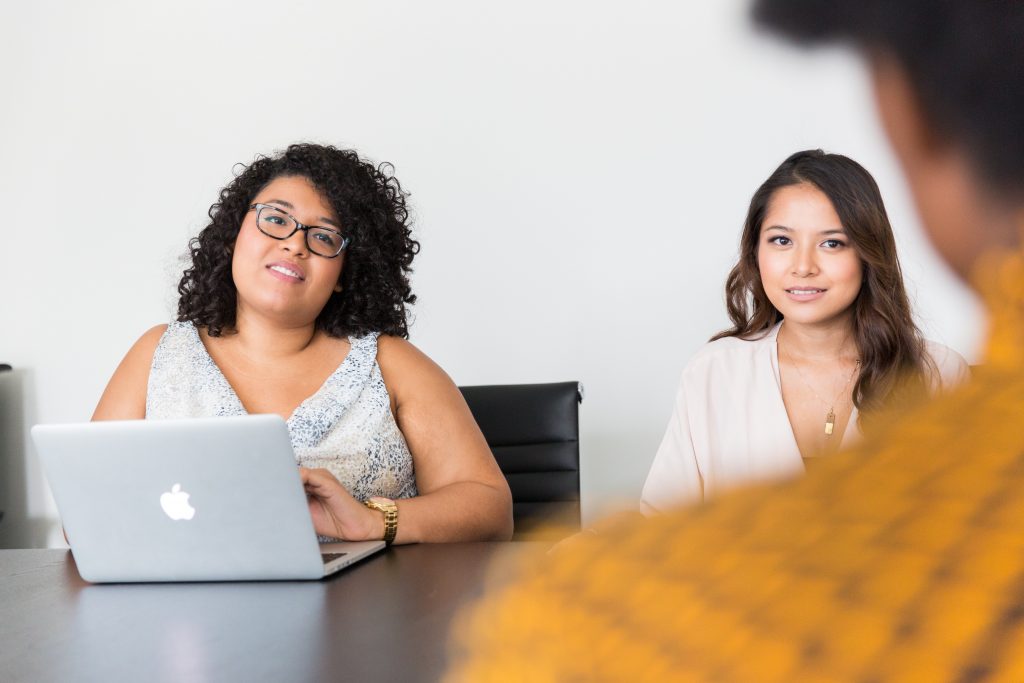
The day came and I met with my teammates, Alex, Kenneth, Jakub and Jonathon. They shared in my nervousness, and we each reassured each other. I felt much more comfortable once I had arrived and sat down with my classmates. I enjoyed the process of interviewing Kenneth and Alex before it was my turn in the hot seat. When I saw how well they presented themselves, I felt even more anxious as I knew I wouldn’t be able to live up to their example. I made a mental note to adopt a similar approach when being interviewed.
When I sat down, I made sure to greet each of my colleagues and introduce myself. I responded to their questions in the most direct and clear fashion I could. I felt I was applying the Star technique well in each answer, and the hypotheticals they threw at me provided me a good opportunity to exhibit my knowledge and research. I was still, however, extremely nervous even in this simulated environment.
On the brightside, I feel the actual content of the interview was promising. I left the room feeling confident that in an actual interview situation I would be able to move onto the next stage of the screening process, and each of my teammates told me that they felt I demonstrated my skills well and that I would be very suited to the job I had applied for. As I was leaving, Alex asked if I had really applied for the job, to which I told her I had. She said she was happy to hear that, and mentioned that I would be a good candidate. This really inspired my confidence.
ACTION – Chamber of Reflection.
Reading my teammates’ thoughts on my performance in this mock interview made me feel encouraged and hopeful about my chances to work in this area. Each of my team members all agreed that I had presented my thoughts well and communicated clearly. They also mentioned my difficulty maintaining eye contact. I’ve always struggled with eye contact and social situations, and only recently learned that I am on the autistic spectrum. In the moment, I was aware of this and trying to correct it, but as my reflective notes from my teammates show, I was not entirely successful.
The notes they provided to me were helpful in many ways, the most significant lesson I’ve taken from this whole experience is that confidence is key. If my teammates and I agree that I am well suited to the job, that I have knowledge and experience that would help me stand out against other applicants and that I could do well in the job, then surely I should have the confidence to present myself correctly and with more self assurance. While struggling with eye contact is a difficulty that many people on the autistic spectrum experience, I will hopefully be able to overcome this difficulty with more experience in interviews.
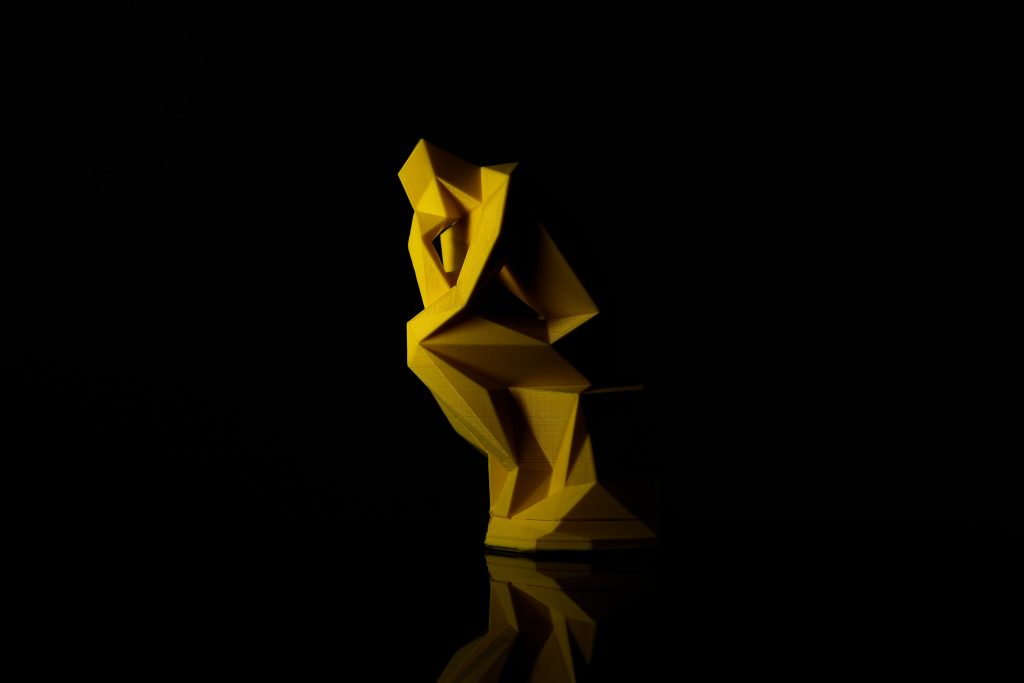
RESULTS – First Response.
Overall, I found the experience helpful and informative. This is my first time interviewing for a full-time position in the music industry, and I feel that I did a good job. My time at score-draw music has definitely made me more comfortable in these environments, and helped inform my decision making in the application process. In my next interviews, I will attempt to quiet my mind a little more and hopefully gather myself in order to project more self confidence. I will continue to prepare in the same way, as myself and my teammates agreed that I was well prepared for the role. I am thankful to my teammates and the university for providing me with this learning opportunity.
Bibliography:
- Gibbs, G., 1988. Learning by Doing: A Guide to a Teaching And Learning Methods. Oxford,Polytechnic: Further Educational Unit.
- Bruni, F., 2022. How many of us just fake our confidence and calm?. [online] nytimes.com. Available at: <https://www.nytimes.com/2022/02/17/opinion/happiness-confidence-struggle.html> [Accessed 18 February 2022].
A ‘Real’ Interview…
You May Also Like
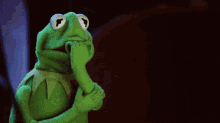
The interview may have been simulated, but the anxiety was real!
21 February 2022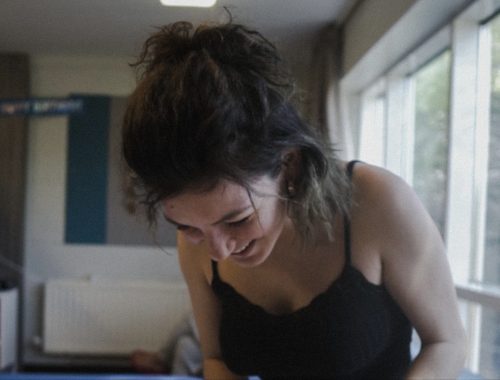
Surprisingly Worthwhile
18 February 2022